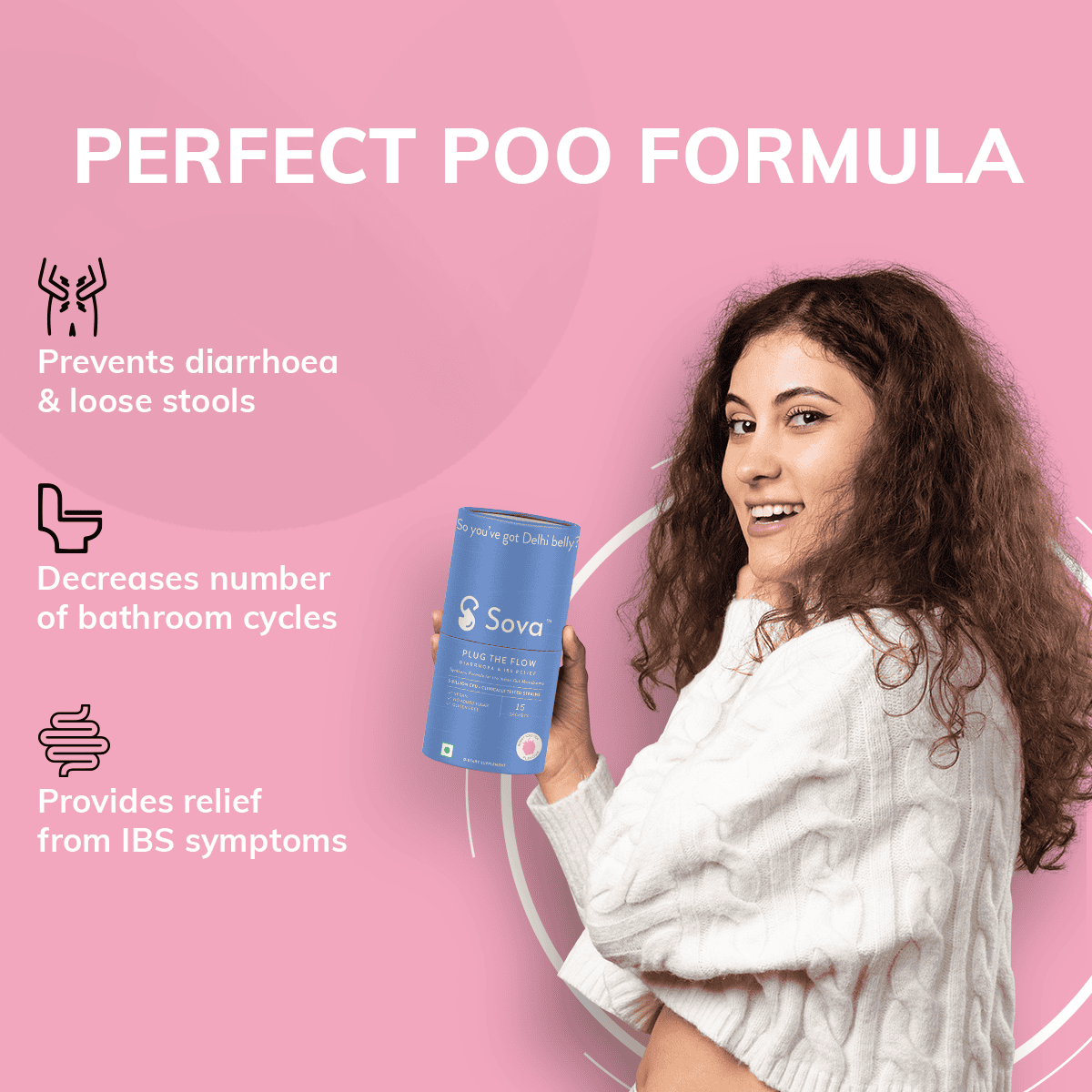Believe it or not, what’s happening in your belly right now will play a factor in how well you sleep tonight.
Shocked? This is because the gut influences our brain, and the brain regulates our sleep so if your gut isn't healthy, it can have far-reaching effects on the body, one of which includes a negative effect on sleep quality. On the other hand, if you're not getting adequate sleep, your gut health can suffer.
In India alone, there was a 57% increase in people experiencing poor sleep quality. Being groggy and grumpy isn't the only side-effect of this scary statistic towards which you might’ve generously contributed. Sufficient, restful sleep is crucial for a healthy functioning body. Lack of sleep can have short - and long-term mental and physical health effects including disturbing your circadian rhythm and gut health.
Unlike what you may think, you can’t make up for a night of no sleep by sleeping extra the next day so before you skip more sleep, let us tell you how sleep deprivation affects our digestive system.
1. Increases inflammation in the gut lining
Sleep deprivation is usually associated with an increase in the pro-inflammatory molecules in our gut, which may lead to inflammation along its lining causing gastrointestinal symptoms such as nausea and bloating, and can slow down our gastric emptying (the process by which the stomach contents are moved into the small intestine)
2. Causes hormonal disturbances that increase cravings
There are two hormones that send signals to our brains when it comes to our food - ghrelin (which makes us feel hungry) and leptin (which signals that we are full)].
Lack of sleep can lead to an imbalance in these hormones, making us crave more sugary foods, which, in large amounts, can contribute to an overgrowth of harmful bacteria in the gut
3. Increases intestinal permeability, leading to gut-related issues
Sleep deprivation can cause a rise in another hormone called cortisol (our primary stress hormone). Increased cortisol levels lead to intestinal permeability (also known as a leaky gut), where food and toxins can pass through the intestinal lining into the bloodstream (which is otherwise restricted in a healthy gut)
When this happens, we can experience issues like bloating, stomach pain and changes in the gut microbiome.
4. Causes bowel muscle fatigue, leading to constipation
Apart from the lining of our gut and hormones, lack of sleep can also trigger a few problems with our muscles in the digestive tract.
Lack of sleep can hamper our bowel's ability to rest and recuperate, further leading to bowel muscle fatigue that can cause reduced bowel movement and function. We usually feel constipated when this happens
Interestingly, many women experience low sleep quality and constipation while on their periods, but very few know that both are actually interconnected. Light, food and exercise affect serotonin production in our gut. This reduces our ability to make melatonin, which we all need to catch good-quality zzzs.
So it is going to be a win-win with optimal sleep and gut health or a lose-lose with neither? The choice is in your hands but remember, it’s a Buy 1 Get 1 offer either way.













